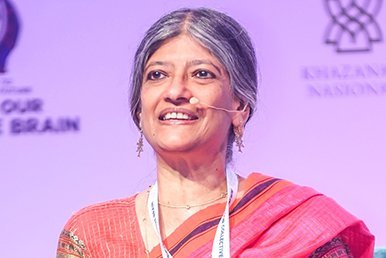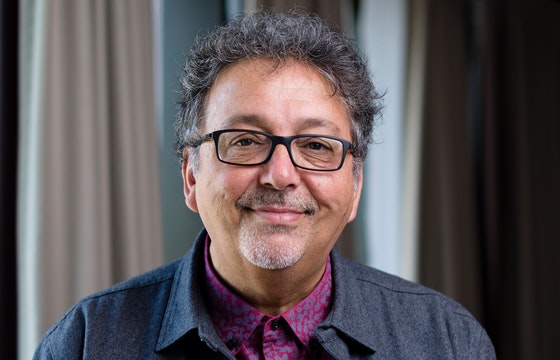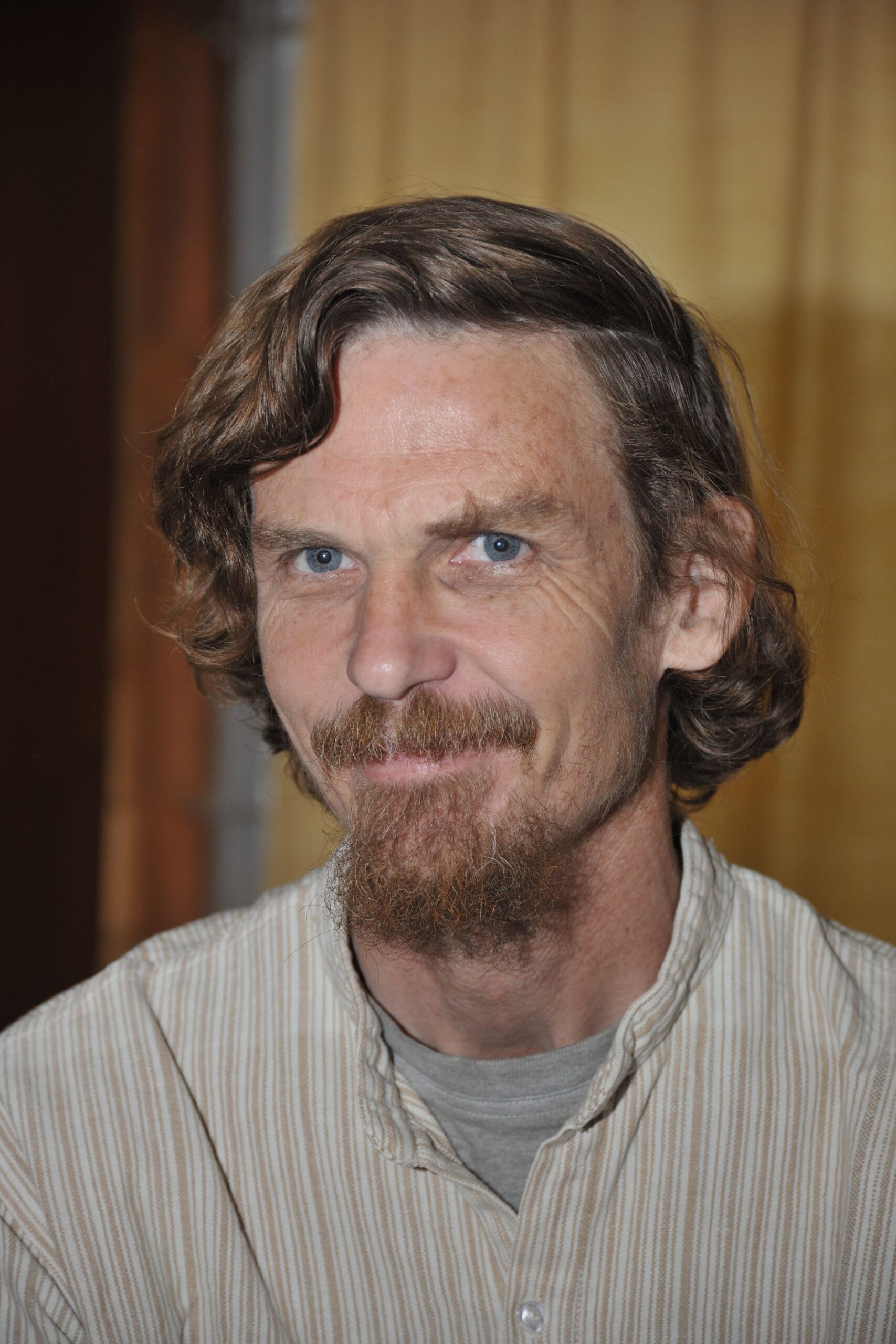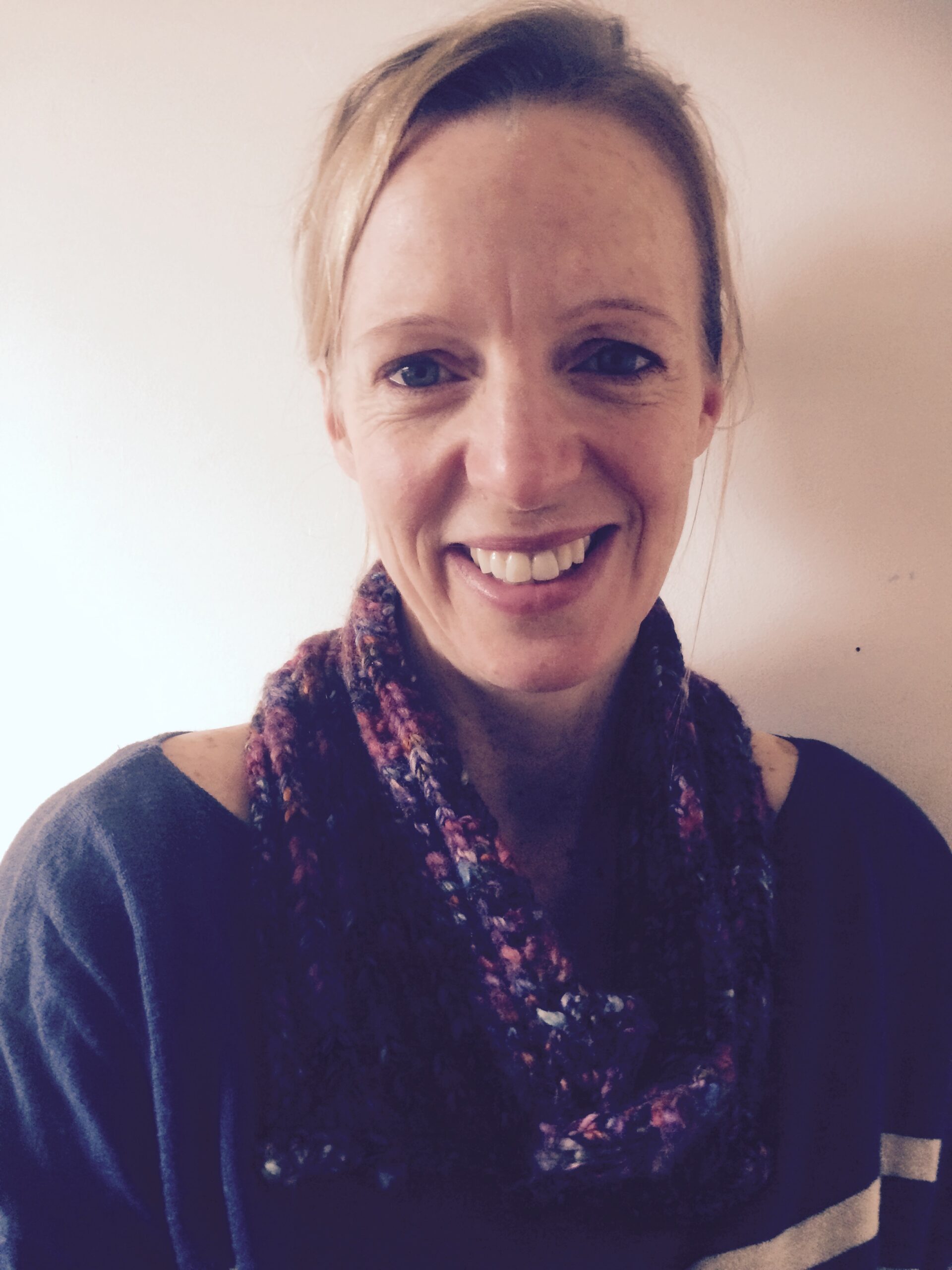Despite the Global South being the breeding ground for research in development studies, there is a marked underrepresentation of researchers from the region in the field. This entails, the research risk of missing the local perspective—a phenomenon which some experts also label as ‘neo-colonialism’ in Development Studies.
A recent research paper, published in The Nature, highlights this discrepancy in development studies through empirical data derived from nearly 25,000 papers.
The paper called, Underrepresentation of Developing Country Researchers in Development Research published in the Applied Economics Letters, says, 73 percent of articles published in 20 high-profile development journals between 1990 and 2019 were authored by researchers in the Global North. Only about 16 percent of the articles were authored exclusively by researchers in the Global South, while 11 percent of the articles were authored as a collaboration between researchers in the South and North.
“Fewer than one in six of the articles published in top 20 development journals from 1990 to 2019 were by Southern researchers, while close to three-quarters were by Northern researchers,” says the researchers.
Apart from journals, the researchers also vetted conference presentations and citations.
Between 2009 and 2019, the participation of researchers from Southern universities in major conferences around development studies remained nearly flat with a mean of 9 percent, as opposed to 57 percent for northern universities.
The Southern researchers were identified as those mostly from developing countries, those from Latin America, and Asia or Africa, including the Middle East. The Northern researchers were defined as those based mostly in developed countries, including North American or European countries, and Australia.
The study attributes this underrepresentation of Southern researchers to factors such as deficiencies in research skills, English language proficiency, scientific networks, and access to research funding and travel grants.
Earlier, another study called Representation of Academics from Developing Countries as Authors and Editorial Board Members in Scientific Journals: Does this Matter to the Field of Development Studies?, published in The European Journal of Development Research in 2016, found similar results. In a sample of 2112 articles from ten ‘well-known’ academic journals on development studies for the period between 2012 and 2014, nearly 43 percent of the authors were based in the USA and UK, 43 percent were from other developed countries, while only 14 percent were from developing countries. Similar patterns were found in the editorial boards of the journals.
NEO-COLONIALISM IN RESEARCH
The domination of the West in development studies’ research, particularly in development studies, is increasingly being termed as ‘neo colonialism’ in academics.
“Development economics is tragically affected by this neocolonial tendency, with the developing world seen as the objects of research and knowledge creation, which is assumed to take place in the Global North,” she Jayati Ghosh, Professor of Economics at the University of Massachusetts Amherst.
“I believe there are systemic biases built into the way that academic research is enabled, funded, rewarded and disseminated, with clear privileging of the North Atlantic (USA and UK in particular),” adds Ghosh.
Most of the “top journals” are based in the Global North, with editorial boards of these journals populated by academics based in the Global North. This, according to Ghosh, is a self-reinforcing system of referencing, whereby most scholars refer only to work done in the Global North and seem completely unaware of work done elsewhere, even by research done in the country about which they write.
Cameron Neylon in an article, Research Excellence is a Neo-Colonial Agenda (and what might be done about it), says the term “excellence” in research is increasingly becoming a target of criticism, as it reinforces ‘systemic biases in power, reduces diversity, and excludes many participants from the processes of scholarship.
Neylon argues that the term ‘research excellence’ is particularly ‘dangerous’ in the context of in postcolonial and transitional countries, as it represents “a neo-colonial agenda, one in which powerful actors at the traditional centers of western scholarship are imposing systems, infrastructures and services that will enable expropriation and dominance.”
A lot of research done on the Global South by researchers from the Global North may be of low quality and sometimes unscientific because the researchers import inappropriate assumptions into their analytical frameworks, says Haroon Akram-Lodhi, Professor of Economics and International Development Studies, Trent University, Peterborough, Canada.
“But there is a fundamental problem that many researchers doing research on countries in the Global South do their research with extremely limited engagement with the country in which the research is being undertaken. Often, that engagement is limited to the capital; too often, the researcher never even goes to the country. It is hard to capture a local context when you have never set foot in a country,” adds Akram-Lodhi.
THE ISSUE OF FUNDING
One of the key issues that leads to a skewed representation in research on developments studies is linked to the issue of funding.
Jean Dreze, a Belgian-born Indian development economist, believes that it is not just the north-south bias, but also the fact that development research centers in the north are intimately linked with their centers of privilege such as state institutions, corporate entities, big tech, international organizations and philanthro-capitalism, that works in their advantage.
“This affects the purpose, focus, method, language and often findings of development research. It would be good to see more development research happening not only in the South but also closer to the people it is meant to help,” says,” he adds.
Most of the countries in the Global South are heavily dependent upon the government for research funding, whereas in developed countries, a bulk of the research in are financed by private institutions.
Data from UNESCO Institute of Statistics show, in India, the total spend in R&D is about $47,575 million, of which more than half or about $26,880 million is from the government.
In comparison, in the UK, of the total $43,811 million spent on R&D, more than half or about $28,542 million was privately funded. Moreover, if one compares to the number of researches per million inhabitants, in the UK it was 4227, whereas in India it was only 156.28,
The R &D spend for the US is close to $476,459 million, with nearly three-fourths funded by private organizations. Its total spend is more than four times the total R&D spent of India, Brazil and South Africa combined.
One of the exceptions in research funding is China, which spends nearly $346,266 million on R&D. However, most of this funding is for science and technology, which also holds true for most countries in the Global South.
“Research councils in the global North can dispense hundreds of thousands or even millions of dollars to research teams, and there are in addition non-research council sources of funding in the Global North. It is not rocket science; follow the money,” says Haroon.
Another factor behind the skewed pattern is the poor salary of academicians in the Global South, says Haroon. Academics often have to supplement their income through other means but doing research does not pay an additional income.
“So potential researchers in the Global South are less likely to devote the time to research because they need to provide for their families,” says Haroon.
North-South Collaboration
One of the potential solutions to the problem of underrepresentation of the Global South in development studies presented Underrepresentation of Developing Country Researchers in Development Research is the north and south collaboration.
“Our findings suggest that South-North collaborations could be an avenue for change. Uzuner (2008) cites a number of studies (Belcher 2007; Casanave 1998; Curry and Lillis 2004;; Flowerdew 2000) showing that expanded scientific networks help young second-language-English scholars to publish,” says the paper.
However, collaboration in research often comes with several strings attached, and often the domination of North over the South.
According to an article at The Conversation called the North-South Research Partnerships Must Break Old Patterns For Real Change, Mia Perry Senior Lecturer, Education, Arts, Literacies, University of Glasgow says, “Collaboration between the Global North and Global South too often follows a tick-box approach”.
“Much formal funded research conducted in the name of development and social justice begins with the great promise of expertise and resources. This merely serves the validation and purpose of the “expert”, a person who is typically from the Global North or a university setting,” Perry says.
Perry gives the example of Sustainable Futures in Africa Network, an interdisciplinary collective that brings together researchers from and on Africa, which in Uganda used a “no method” approach in fieldwork to study water and food security issues.
“This meant no questionnaire or sampling technique. Instead, the team spent time with families in their homes, listened to them and allowed the communities to direct the research enquiry,” Perry says in the article.
According to Perry, the no-methods approach ditches old techniques and approaches and breaks “research moulds that have become entrenched over the past eight decades”.
By engaging with communities, the researches allow them to contribute their traditional knowledge and co-design the research agenda, she says in an article at University World News.
Like in Uganda, in Nigeria too, soil scientists are engaging with spiritual beliefs related to the meaning of gold found in their soil. According to Perry, “these ideas conflict with what is known in terms of Western science, and yet they serve a real purpose, have real impacts, and are “true” and “factful” to the communities that live according to such beliefs”.
Any scientific notion needs to evolve with time, be it in the realm of social sciences or STEM (Science, technology, engineering, and mathematic). Perhaps, it is time that research methods in development science too evolves to become more inclusive and equitable, or else it risks being a redundant field of study without much real impact.
Namrata Acharya is a journalist with bylines in Al Jazeera, South China Morning Post Zenger News, Mongabay, The Wire, The Juggernaut, KR- Asia and more
SUPPORT DDRN SCIENCE JOURNALISM. DONATE DKK 20 OR MORE![]() (APPLICABLE IN DENMARK ONLY)
(APPLICABLE IN DENMARK ONLY)





REFERENCES
Cummings, S., Hoebink, P. Representation of Academics from Developing Countries as Authors and Editorial Board Members in Scientific Journals: Does this Matter to the Field of Development Studies?. Eur J Dev Res 29, 369–383 (2017). https://doi.org/10.1057/s41287-016-0002-2
Liverpool, L. (Ed.). (2021). Researchers from Global South under-represented in development research. The Nature. Retrieved November 14, 2021, from https://www.nature.com/articles/d41586-021-02549-9.
Neylon, C. Research excellence is a neo-colonial agenda (and what might be done about it). In E Kraemer-Mbula, R Tijssen, M Wallace & R McLean (eds), Transforming Research Excellence. Cape Town: African Minds.
Perry, M., & Pullanikkatil , D. (2018). A new approach to global research partnerships. University World News. Retrieved November 16, 2021, from https://www.universityworldnews.com/page.php?page=UW_Main.
Perry, M., & Pullanikkatil,, D. (2018). North-South research partnerships must break old patterns for real change. The Conversation. https://doi.org/https://theconversation.com/north-south-research-partnerships-must-break-old-patterns-for-real-change-100852
UNESCO Institute for Statistics (UIS); http://uis.unesco.org/apps/visualisations/research-and-development-spending/
Verónica Amarante, Ronelle Burger, Grieve Chelwa, John Cockburn, Ana Kassouf, Andrew McKay & Julieta Zurbrigg (2021) Underrepresentation of developing country researchers in development research, Applied Economics Letters, DOI: 10.1080/13504851.2021.1965528




